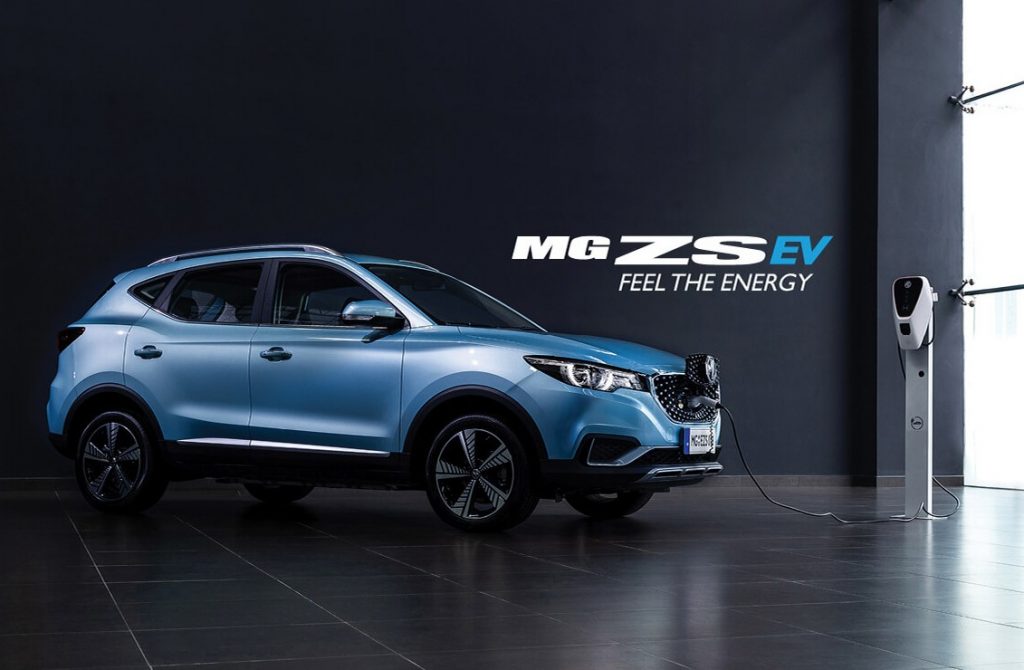
If you’re looking for a way to accelerate the transition to zero emission energy sources and zero-emission vehicles, then making them more affordable is probably the best thing you could do.
The ACT Government is doing just that, with the announced that included in their 2020-21 budget, is $307 million over 5 years help ACT transition to net zero emissions.
One of the most significant and immediate courses of action is to provide interest-free loans of up to A$15,000. While many like the idea of adding rooftop solar, home battery storage or buy a zero-emission vehicle, the up-front cost often means this isn’t obtainable.
By lowering the cost of entry, more households will make the move, it’s smart, easy and simple to get your head around and a move I’d love to see repeated across the country.
ACT will spend $150 million on the scheme. After adding a 6.5kW solar system to our home in 2020, the cost was around A$12k (inc installation), well under this threshold for an interest-free loan.
The typical home battery installation costs between A$8-15,000, so it would also be possible to add a battery, great for those who already have solar.
When it comes to the electric car, buying an EV now does come at a premium and reducing the initial outlay by A$15,00 would definitely bring some cars into the price bracket of a lot more buyers. Let’s take the example of Australia’s cheapest electric vehicle, the MG ZS EV which has a drive-away price of $43,990. Under this new budget, ACT residents could have this in their driveway for just $28,990 and there’s an awful lot of Australians who buy cars in that price bracket.
Assuming the interest-free loans run for the 5 years the program does, you’d need to make 60 payments of $250 per month to pay it back, assuming you took the entire $15,000. Many Australian families don’t have the savings to account for sticker price of EVs, but with a steady income, could afford $250pm, or $57.69 per week in repayments.
Naturally you will still need to pay back the loan, but in the example of the electric car, you’ll have much lower ongoing costs, with cheaper recharging and lower service costs, which will mean this should be manageable.
In the solar example, a lower quarterly power bill will free up cash flow that can be redeployed to paying back the loan. Given the loan would be paid back in 5 years and the panels last for around 20 years, this seems like an investment that would appeal to many.
What’s not clear is if you can split the loan across multiple environmentally friendly purchases, say $5k on solar, and A$10k on an EV, up to the value of A$15k, if so, that will enable even more people to move to sustainable energy in more parts of their lives.
If this wasn’t enough, the ACT Government are also offering EV owners a break on registration. This correlates to a saving of many hundreds of dollars for those willing to invest in an electric vehicle. It’s also great to see the state further investing into charging infrastructure, with the announcement of funding for another 50x chargers.
“We’re aiming for an EV revolution over the next decade, with the ACT leading the transition to zero emissions transport.
Free registration and no-interest loans for zero emissions vehicles, along with a new network of 50 public charging stations for electric vehicles will make EV’s a real option for Canberrans who may have been hesitant until now.
Minister for Water, Energy and Emissions Reduction Shane Rattenbury
The budget included a number of other measures also aimed at reducing emissions.
- Funding of $100 million over five years, including the 2020-21 financial year, will be allocated to deliver a Big Canberra Battery of at least 250MW of new ‘large-scale’ battery storage distributed across the ACT.
- Waive registration fees on new ZEV registered vehicles for the first two years of registration from May 2021 to encourage more Canberrans to purchase electric vehicles.
- Establish a $5 million Building Energy Efficiency Upgrade Fund to support community clubs to undertake energy efficiency upgrades through initiative like water and ventilation audits, partial grants for certain energy and water efficiency upgrades and no-interest loans for certain upgrades such as rooftop solar.
- Establish a $50 million Vulnerable Household Energy Support Initiative to improve building efficiency and sustainability for social and public housing, low income owner occupiers and low performing rental properties.
- Make it easier for ACT households to get better energy deals by making it mandatory for electricity retailers to provide customers with a reference bill for a typical consumer, and to notify customers of plans that would reduce the customer’s bills.
- Initial funding of $855,000 to support phasing out fossil fuel gas through continuing work on the ACT’s sustainable energy policy actions and developing legislation to prevent new gas mains network connections to future stages of greenfield residential development in the ACT.
- Invest $915,000 over two years to establish an Office of the Coordinator General for Climate Action to coordinate government efforts and oversee major projects to keep our Climate Action commitments on track.
ACT plans to lead the nation in phasing out gas, with a commitment to achieving net zero emissions by 2045. It prevents gas connections in new suburbs, and offers no-interest loans for households to upgrade to efficient electric appliances.

ACT government announced the $4000 battery subsidy scheme in the last budget. However for reasons unknown the battery subsidy is only available to ACT residents for purchase through 2 nominated firms. These two firms jacked up the battery prices by $4000 thus pocketing the whole subsidy themselves.
Unless we see the details we are not sure whether the announcement is another scam to benefit the ACT Govt officials, politicians and the ruling coalition.